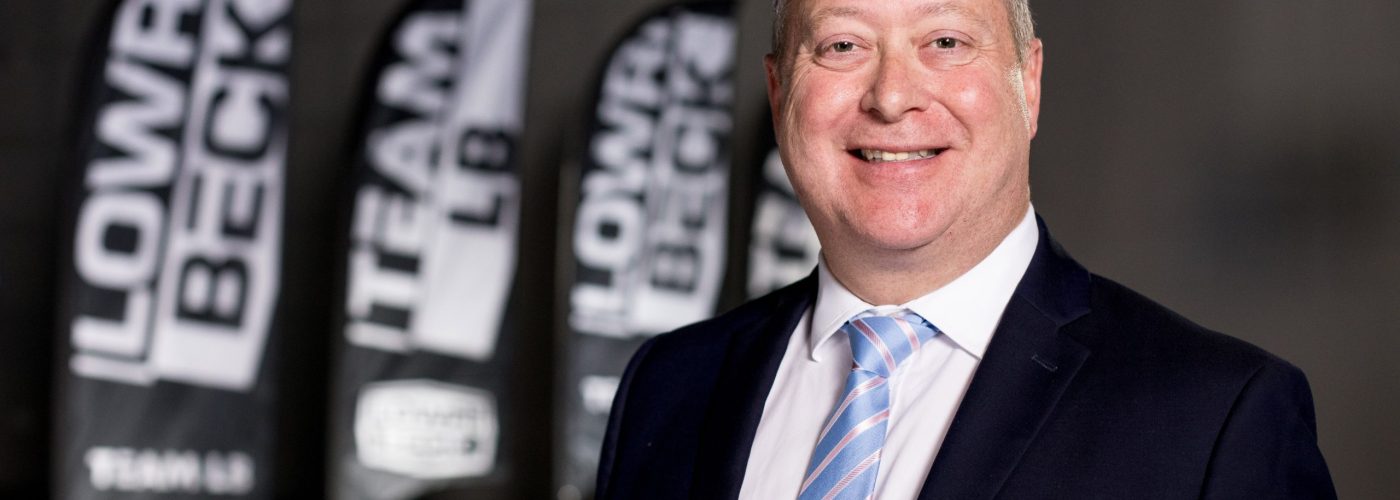The UK’s digital revolution in energy markets will lead to significant and additional demand for physical services, according to Jon Parr, Managing Director of Lowri Beck, one of the country’s largest independent meter installers and data collection specialists.
He predicts that digitalisation will quicken product innovation for energy technology, such as smart meters, and lead to new opportunities for physical services providers.
Lowri Beck currently installs and exchanges around 500,000 domestic meters annually, collects data from another 5million for Big 6 and Tier 2 suppliers, and is heavily involved in the nationwide smart meter roll-out.
“Some might question the value of physical services in an increasingly digital era, but I believe that digitalisation will actually increase demand way beyond the current smart meter programme,” says Jon Parr, who is leading a strategy for growth focused on the next 20 years.
“Energy suppliers, in common with every area of business, are investing heavily in the digital systems that will drive operational efficiency and enhanced customer engagement, but digital will also accelerate innovation in product development – as with smart meters – and in emerging markets, such as EV charging and home energy storage. In 10 years’ time, meters could be 100 times more sophisticated than they are today, working in real time to the minute, and at the same time facilitating load switching.
“All these developments require skilled installation and maintenance people, and when you add in regulation such as the incoming 24/7 commitment to restore power when vulnerable households go off-supply, demand for accredited technical support from providers such as Lowri Beck is set to increase significantly.”
Based in Wigan, with additional offices in London, East Kilbride, Wrexham, Dunstable and a dedicated training centre in Ashton-in-Makerfield, Lowri Beck was formed by Bob Vernon over 20 years ago and today employs 2,000 people across Britain.
Jon Parr, who joined Lowri Beck in October last year, believes that the fast evolving mix of conventional and renewable power generation, and innovations in areas such as home power generation and battery storage, will inevitably lead to technology churn and create new infrastructure requirements.
“Take the electric vehicle market, for example, which will grow rapidly in the years to come, driven in part by environmental concerns but also by the much-heralded government ambition to phase out of conventional combustion engine vehicles by 2040.
“Not only will EV demand more power capacity, charging technology and payment systems, it will need network infrastructure. Lots of people talk about software and data management but at the end of the day, it still needs screwdrivers, cable clips, skilled resources and capacity to make it happen.
“At Lowri Beck, we have over 1,000 flexible, trained and accredited engineers and technical people operating in the field every day, providing vital technical support and management services. It’s our USP and it will be even more relevant in the future.”





